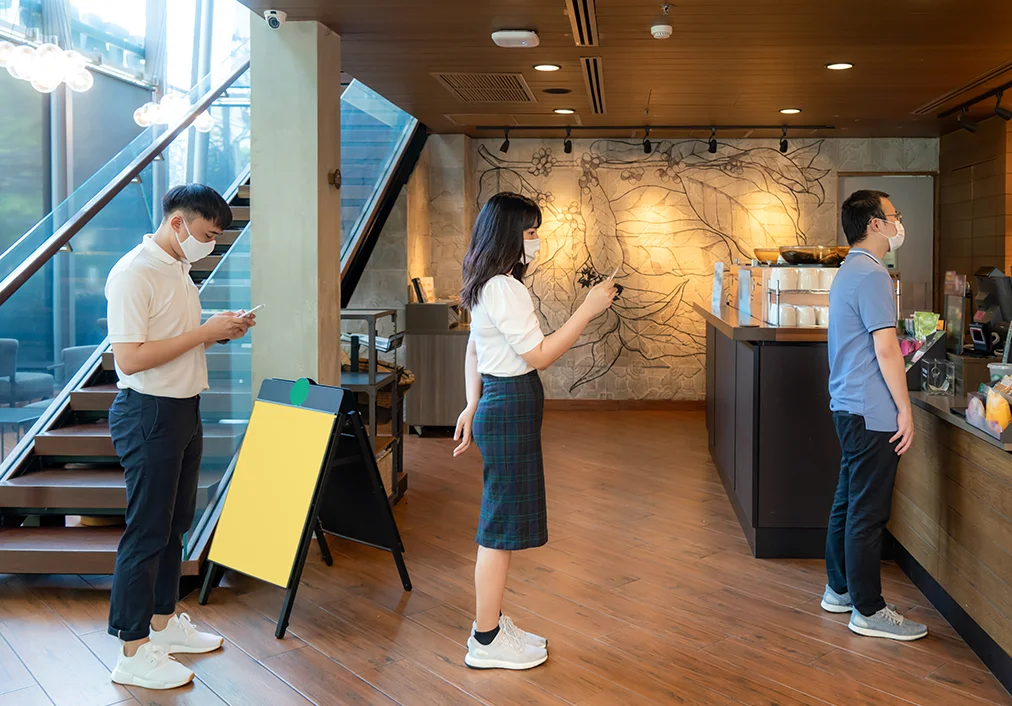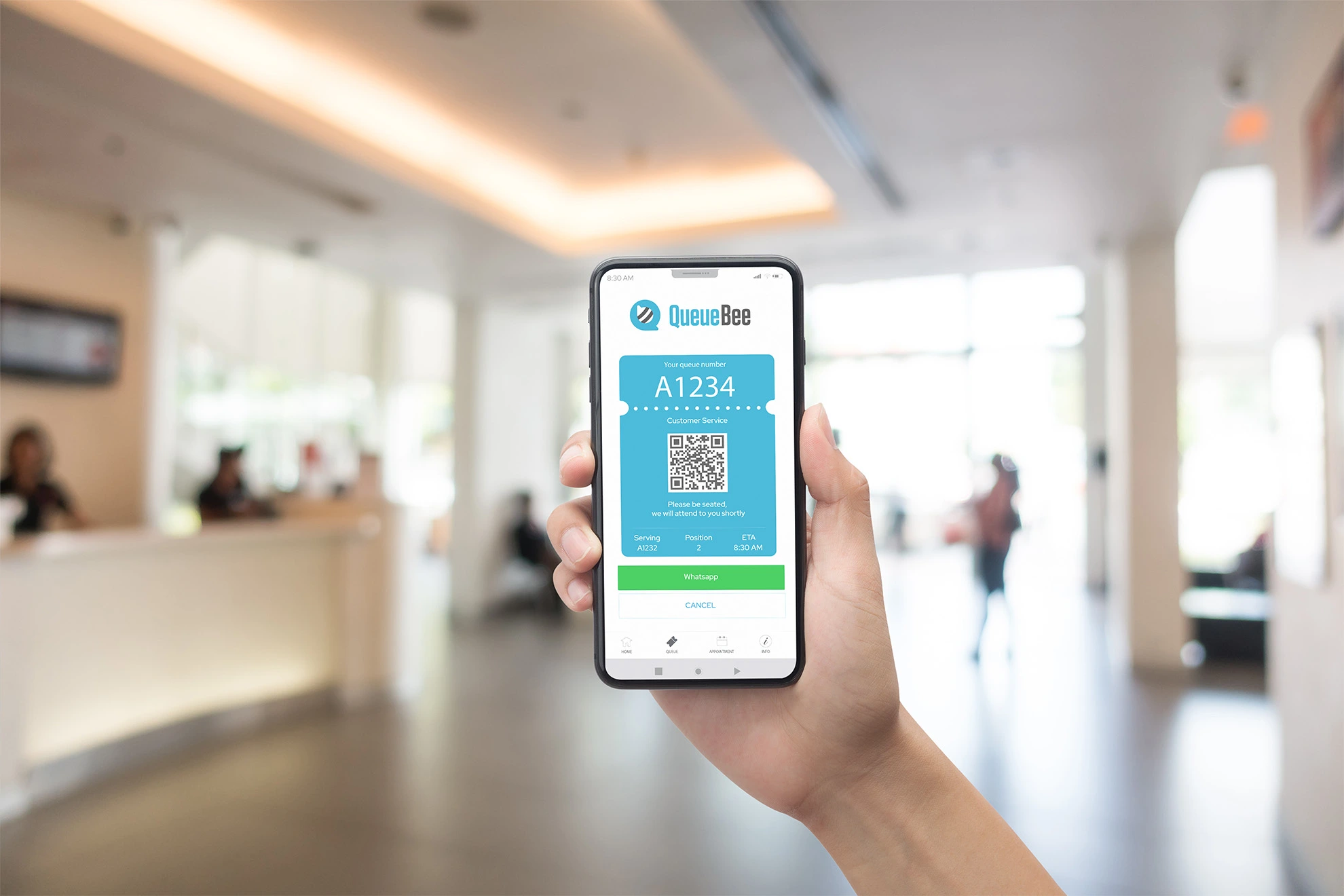In the bustling world of Australian business, from the local bakery in Fremantle to a major service centre in Brisbane, customers are constantly forming queues. While we often think of queues as simply "waiting in line," the underlying method by which customers are served can dramatically impact efficiency, fairness, and overall customer satisfaction.
Understanding the different types of queue systems – FIFO, LIFO, and SIRO – is crucial for any Australian business or public sector entity looking to optimise its customer flow. Each has its own strengths and weaknesses, and choosing the right one can make all the difference.
Let's dive into the pros and cons of these fundamental queuing models, keeping the Australian context in mind.

FIFO is the most common and intuitive queuing discipline. As the name suggests, the first customer to join the queue is the first customer to be served. Think of a single line at a supermarket checkout or waiting for your number to be called at a doctor's surgery.

LIFO is the opposite of FIFO. The last customer to join the queue is the first one to be served. This is less common for typical customer service lines and is usually seen in very specific contexts where the "last in" is most accessible.

SIRO means customers are served in a completely random order, regardless of when they arrived. There's no systematic sequence; it's like picking names out of a hat.

For the vast majority of Australian businesses and public sector entities dealing with customer-facing queues, FIFO (First In, First Out) is the clear winner for its fairness, predictability, and general acceptance.
However, modern Queue Management Systems often incorporate elements that enhance FIFO or offer intelligent variations:

In conclusion, while the theoretical models of FIFO, LIFO, and SIRO exist, the practical application for customer service in Australia overwhelmingly favours FIFO due to its alignment with fairness expectations. The real innovation lies in how modern QMS technology can refine and optimise this principle, making the FIFO experience smoother, more transparent, and ultimately, more satisfying for everyone.

Take your customer experience to the next level with our smart, all-in-one queue system. Whether you're online or on-site, we've got you covered. Find your nearest branch or chat with us today — and see the impact on your operations and satisfaction instantly.
